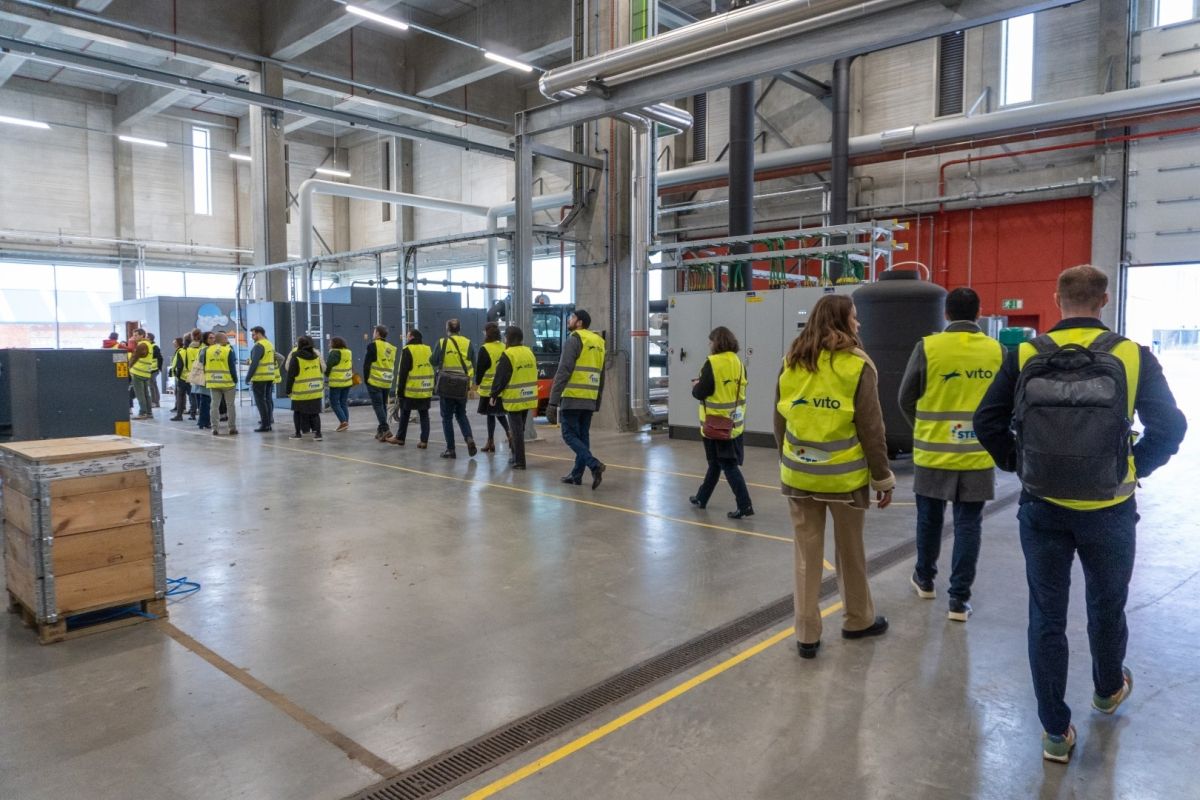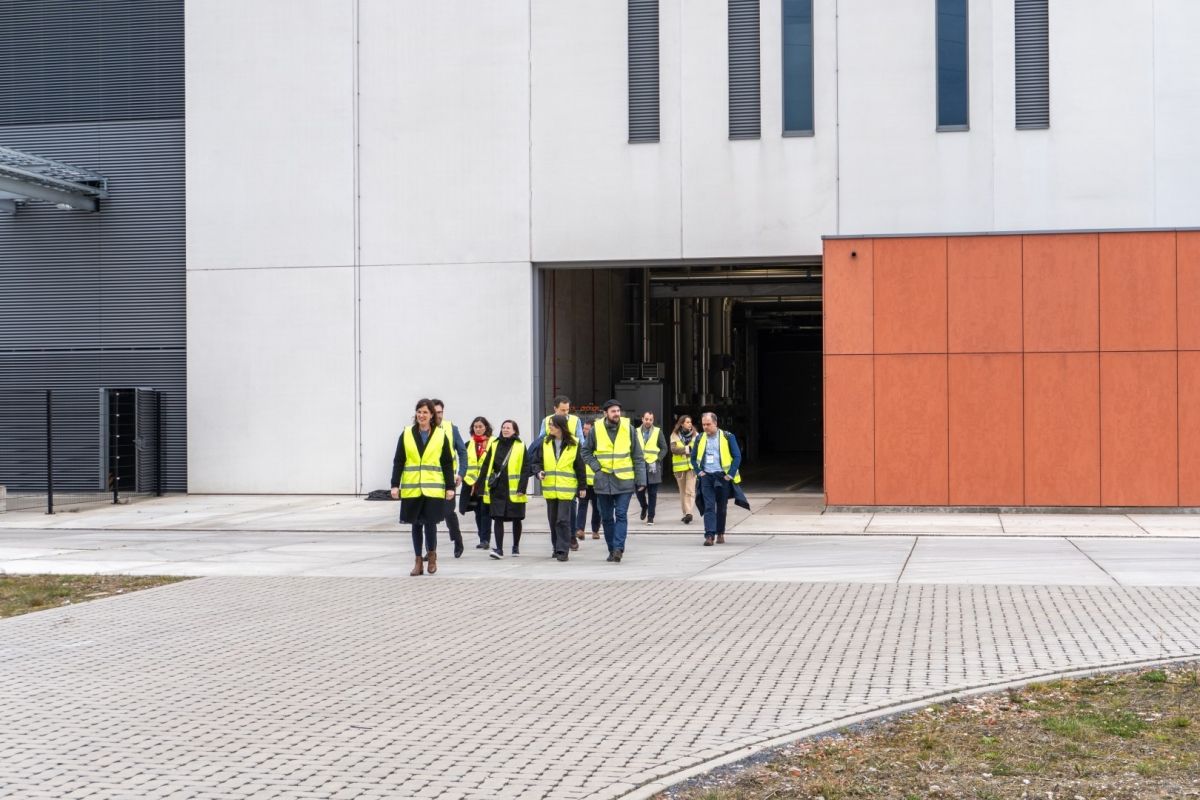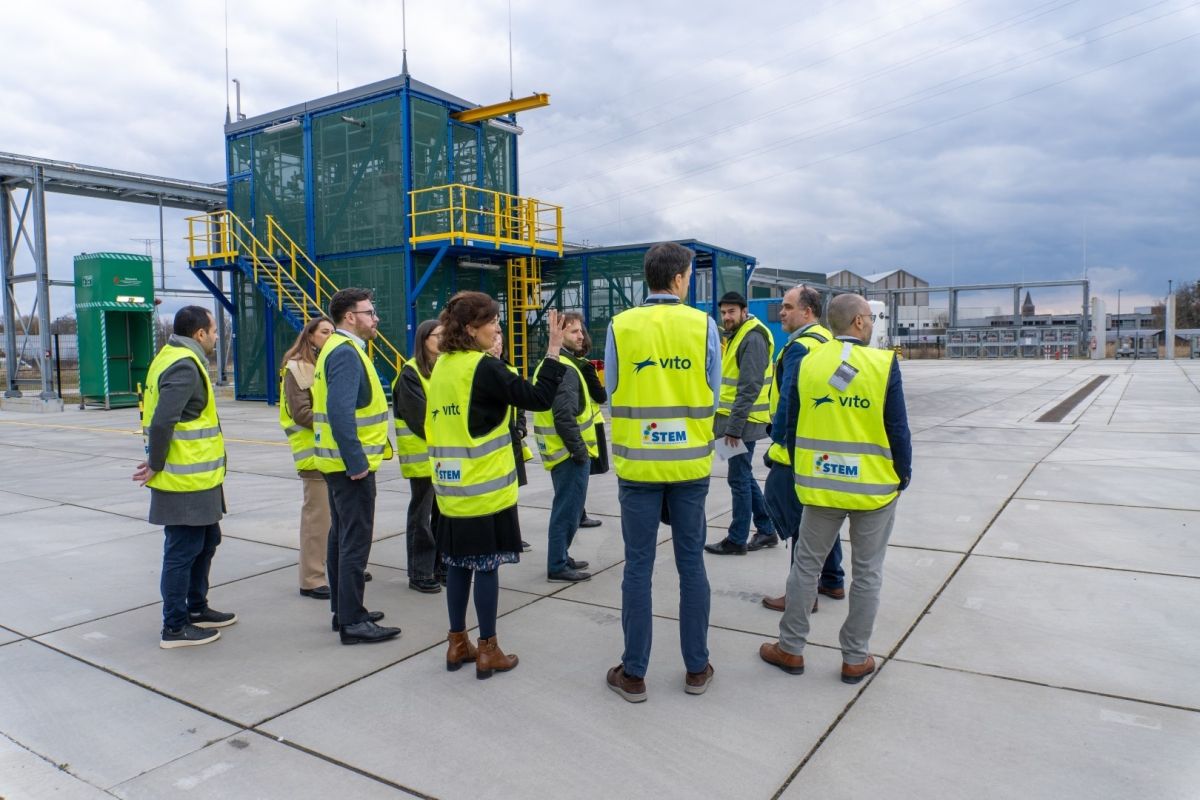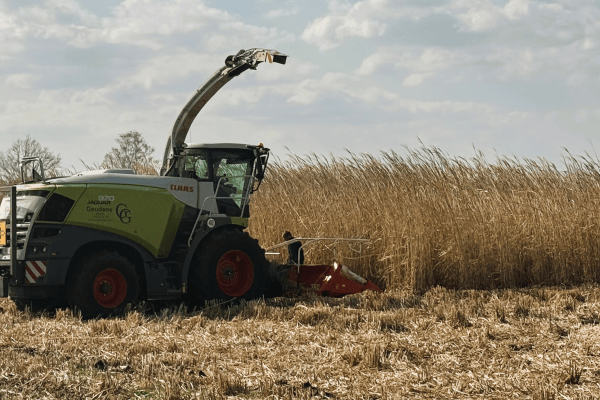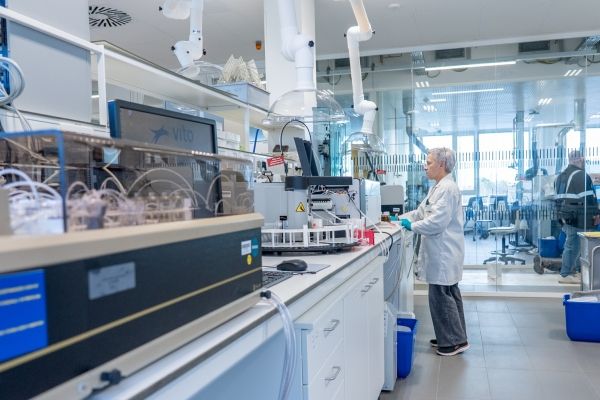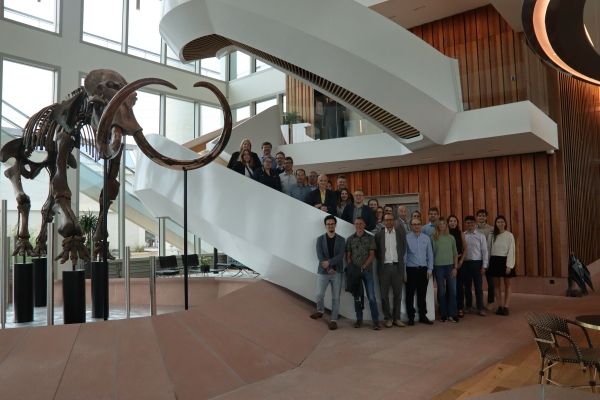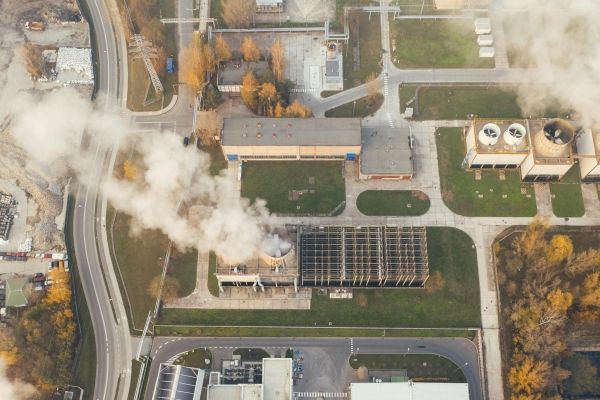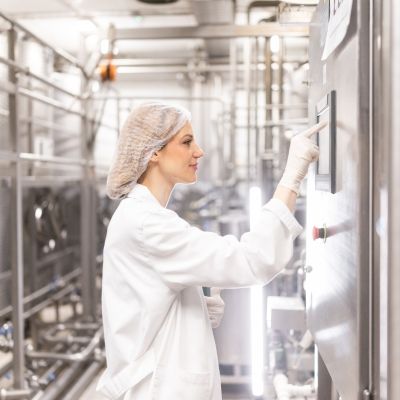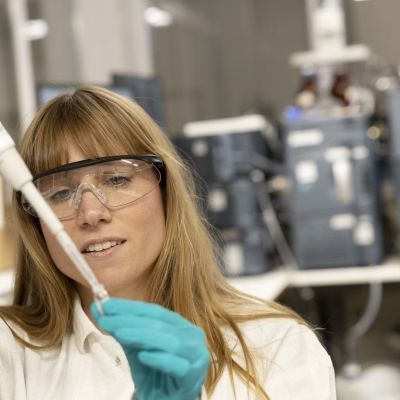Tackling biobased chemistry challenges: insights from BIOKET 2025
At BIOKET 2025, a key event for advancing biomass valorization technologies, industry leaders gathered to address the pressing challenges facing biobased chemistry. VITO shared its practical solutions to these challenges, showcasing its expertise and infrastructure designed to help companies innovate and thrive in this transformative field.
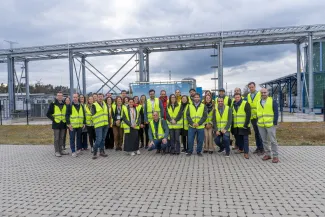
Overcoming feedstock variability and supply chain uncertainty
One of the main hurdles discussed at BIOKET was the variability and inconsistent availability of biomass feedstocks. For companies, this challenge can lead to unpredictable production outcomes and supply chain instability. VITO’s LignoValue pilot plant provides a solution by enabling companies to test and optimize their processes under various conditions. This flexibility ensures that businesses can produce consistent bio-aromatic fractions tailored to their specific applications, creating a more reliable foundation for biobased chemical production.
A key highlight of VITO's presence at BIOKET was the exclusive visit to our LignoValue pilot plant. This state-of-the-art facility offers companies a unique platform to innovate using biobased inputs for chemical processes and products.
Enhancing cost competitiveness through process efficiency
The high production costs of biobased chemicals compared to fossil-based alternatives remain a significant barrier for many companies. At BIOKET, VITO highlighted its work in process intensification, which focuses on making chemical processes more efficient while reducing energy and raw material usage. By integrating renewable inputs like lignin into scalable production processes, VITO helps companies lower costs without compromising quality or performance.
Addressing infrastructure barriers with drop-in solutions
The chemical industry’s reliance on fossil-based infrastructure makes transitioning to biobased alternatives costly and complex. VITO’s expertise in developing drop-in solutions, such as its lignin-based epoxy resin technology, allows companies to integrate sustainable materials into existing systems seamlessly. These innovations reduce the need for extensive retrofitting, making the shift toward biobased chemistry more accessible.
Scaling up biobased innovations
Scaling up from laboratory research to industrial production is another major challenge for companies in this space. VITO’s pilot-scale facilities, including the LignoValue plant, bridge this gap by offering a platform for testing and refining technologies at scale. For example, VITO’s advancements in depolymerizing lignin have opened new possibilities for creating bio-aromatics and high-performance materials like epoxy resins, paving the way for real-world applications.
Navigating regulatory hurdles and market dynamics
Regulatory complexity and fluctuating oil prices are additional challenges for companies adopting biobased chemistry. At BIOKET, VITO shared how its expertise helps businesses navigate these uncertainties by designing products that meet stringent regulatory standards while remaining competitive in volatile markets. For instance, VITO’s lignin-based epoxy resins offer a safer alternative to bisphenol A (BPA), aligning with tightening regulations while addressing growing market demand for sustainable materials.
Driving innovation in biobased chemistry
VITO actively works with partners to demonstrate the tangible advantages of biobased solutions. For companies seeking to overcome the biobased chemistry challenges and lead the transition toward sustainable chemistry, VITO offers unparalleled expertise and infrastructure. Whether it’s optimizing processes at our LignoValue pilot plant or co-developing innovative biobased products, we provide tailored solutions, bio-aromatic building blocks and products that align with your goals.
Interested in collaborating?
Contact Roel Vleeschouwers to explore how we can help your company innovate and thrive in this evolving field.
Biorizon: Collaborating on sustainable aromatics
VITO, TNO and ECN work together in Shared Research Centre Biorizon. This research centre works together with industry on technological development for the production of aromatics from biomass. Aromatics are one of the most important building blocks for the chemical industry. By replacing fossil raw materials with biomass, Biorizon makes an important contribution to the creation of a sustainable economy.
More info at www.biorizon.eu



